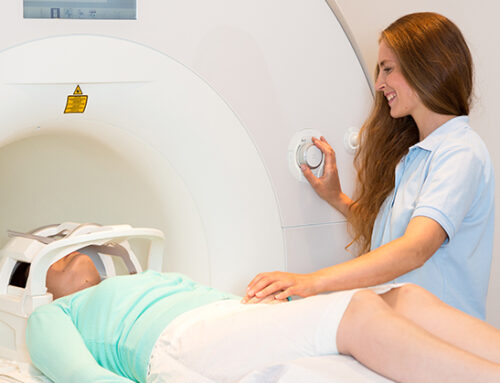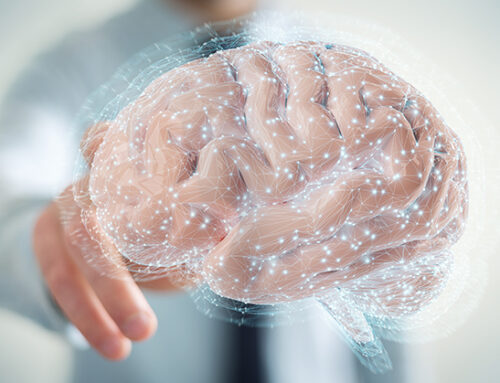The brain benefits of sleep are becoming more apparent every year. Seven or eight hours of deep, restorative sleep helps regulate mood, boost learning, solve problems and preserve memory.
But some people also like to enjoy a mid-day nap. And this, too, has been shown to aid thinking, memory formation and learning.
Now a new study identifies still more benefits of napping: It allows us to process information we didn’t even know we’d absorbed while we were awake.
The Masked Prime Task
Neuroscientists from the University of Bristol, England, tested the idea that naps can help us process information we acquired subconsciously, and how this might affect the way we behave and react.
To carry this out, they recruited sixteen healthy men and women across a range of ages and measured their brain activity throughout the study.
The recruits were asked to perform two tasks.
The first is called the masked prime task. Information is presented to the test participants so briefly, they’re not aware they have received it.
This is how it works.
A word is flashed on a screen for around a thirtieth of a second, not enough time for the person to see it consciously. This is followed by a second word, then a third. These are screened for a little longer so the viewer is able to consciously see both.
The participants are then asked to make judgments about the words they’ve seen. If they had consciously seen it, the first word would have influenced their overall judgment. That is, if they perceived the first word, even without knowing it, it would change their perception of the two following words.
The second task is used as a control. It just involves responding to either a red or blue square presented to the participant on a computer screen.
After being taken through the tasks, half remained awake while the other half took a nap for 90 minutes between 1.00 and 2.30pm. Then they all repeated the tasks.
Make More Informed Judgments
Only those who took a nap experienced a change in response and an improvement in speed of processing during the masked prime test. In other words, they were now able to connect the first, unconsciously seen word with the other words in less time, and make a more informed response. There was no improvement in the control task.
The researchers concluded that napping improves the ability to respond and process information we are not consciously aware of.
In the view of joint author Liz Coulthard, Consultant Senior Lecturer in Dementia Neurology, “The findings are remarkable in that they can occur in the absence of initial intentional, conscious awareness, by processing of implicitly presented cues beneath participants’ conscious awareness.”
So if you have an important decision to make, the advice to “sleep on it” seems like a good idea. How you decide to act will be enhanced because the nap allows you to make use of information you didn’t even know you’d received.
How Long to Nap
Sleep experts seem to agree that to fully benefit from a nap, it should last for 90 minutes. This is the optimum length.
However, this has not been well studied in older adults, so a research group from the University of Philadelphia examined two years of self-reported data in a Chinese population.
3,037 individuals aged 60 and over had their cognition assessed three times during the period. The group was divided into four groups: non-nappers, and those who napped for less than 30 minutes, 30 to 90 minutes, and over 90 minutes.
After taking into account many factors that could influence the results, the researchers found those napping for more than 90 minutes had the worst cognitive performance. Those who napped less than this performed better than those who didn’t nap at all.
A team from Johns Hopkins arrived at similar findings. They looked at almost 3,000 Chinese people aged 65 and older and concluded that napping for 30 to 90 minutes was better than not napping, napping less than 30 minutes, and napping for 90 minutes or more.
In short, the sweet spot is between 30 and 90 minutes. Now go lie down for a while. . .







